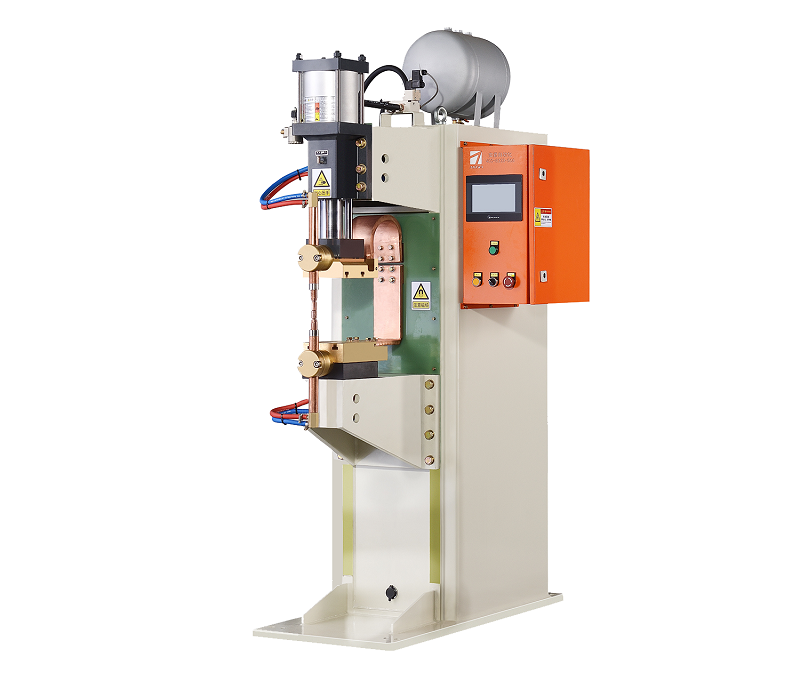- Home
- News
- What are the Advantages of Soft Standards for Medium-Frequency Inverter Spot Welding Machines?
What are the Advantages of Soft Standards for Medium-Frequency Inverter Spot Welding Machines?
Soft standards for medium-frequency inverter spot welding machines offer several advantages that contribute to their increasing popularity in the manufacturing industry. In this article, we will delve into these benefits and explore why they are preferred over traditional rigid standards.

- Enhanced Flexibility: One of the primary advantages of soft standards is their flexibility. Unlike traditional hard standards, which are often cumbersome to modify or adapt to changing manufacturing requirements, soft standards can be easily adjusted to meet specific needs. This adaptability allows manufacturers to fine-tune their welding processes, leading to improved efficiency and product quality.
- Cost Savings: Soft standards can result in significant cost savings for manufacturers. By avoiding the need to invest in expensive machinery or modify existing equipment to conform to rigid standards, companies can allocate their resources more efficiently. This translates to a lower upfront investment and reduced maintenance costs over time.
- Improved Productivity: Soft standards enable faster setup and changeover times. With the ability to customize welding parameters and settings, operators can optimize the welding process quickly and accurately. This increased efficiency leads to higher production rates and, ultimately, greater output with the same equipment.
- Quality Control: Precision is essential in manufacturing, and soft standards offer greater control over the welding process. Operators can fine-tune parameters such as current, voltage, and welding duration to meet the strictest quality requirements. This results in consistently high-quality welds and reduces the likelihood of defects or rework.
- Compliance with Industry-Specific Needs: Different industries may require specific welding standards to meet safety, durability, or regulatory requirements. Soft standards can be easily customized to adhere to these industry-specific needs, ensuring that the welding process aligns with the standards relevant to the application.
- Adaptation to New Technologies: As welding technology evolves, soft standards can readily adapt to accommodate new advancements. Manufacturers can embrace emerging technologies, such as automation or robotics, without being constrained by inflexible welding standards. This adaptability fosters innovation and future-proofs the manufacturing process.
In conclusion, the adoption of soft standards for medium-frequency inverter spot welding machines provides manufacturers with greater flexibility, cost savings, improved productivity, enhanced quality control, compliance with industry-specific needs, and the ability to adapt to new technologies. These advantages make soft standards a compelling choice for companies seeking to optimize their welding processes and stay competitive in a rapidly evolving industry.